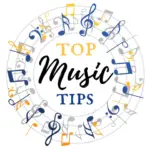In the world of music, rap or rather hip-hop has become one of the most popular genres.
Likely originating in African-American and Latinx communities in the United States in the 1970s, rap has since spread worldwide and evolved into various sub-genres.
The music is known by its spoken lyrics, often performed in a rhythmic and rhyming manner over a beat or instrumental track. But what instruments are used in rap music to create these alluring beats and tracks?
Here is our list of the most popular as well as some of the most unique instruments used to create rap music in today’s industry!
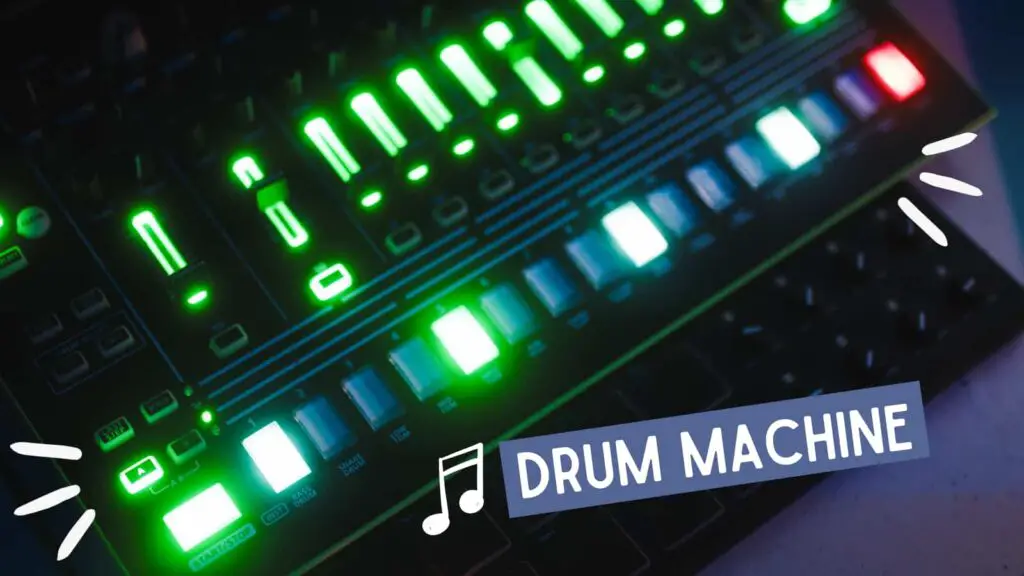
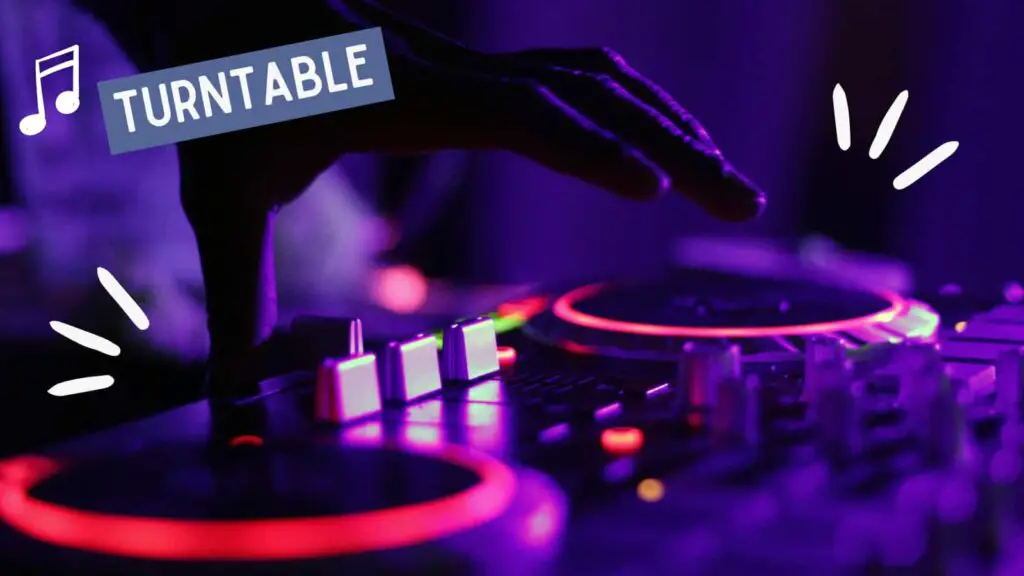
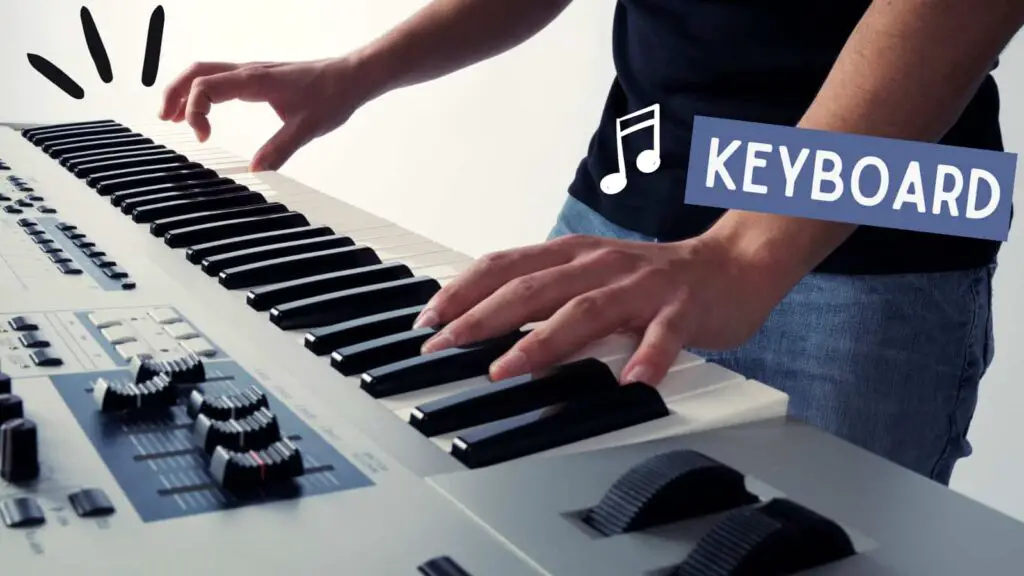
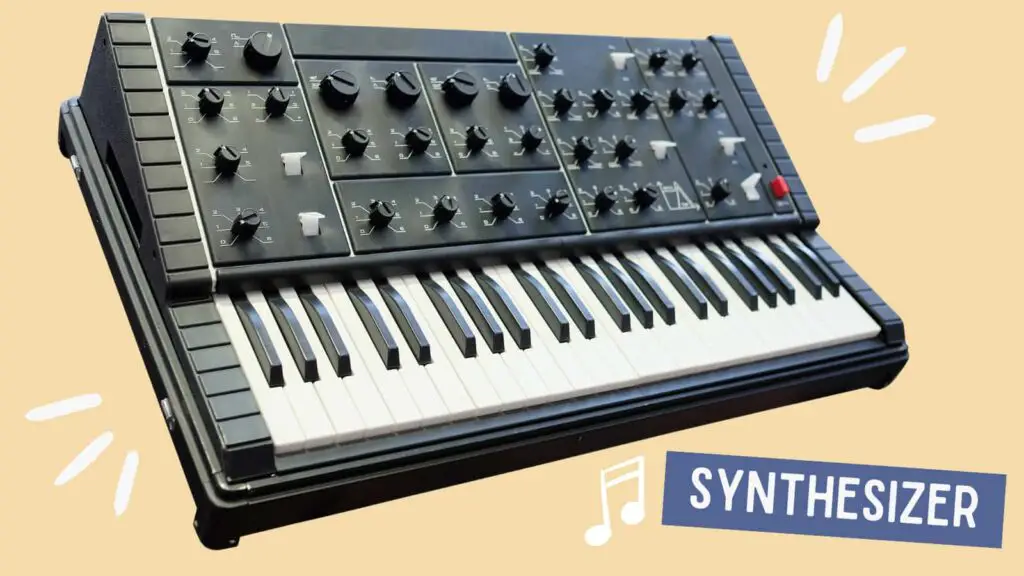
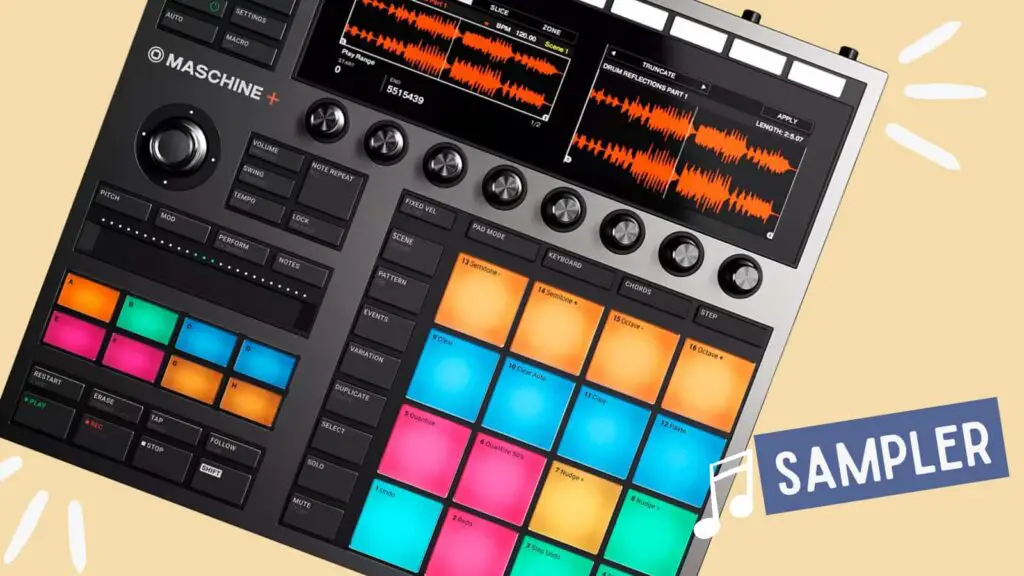
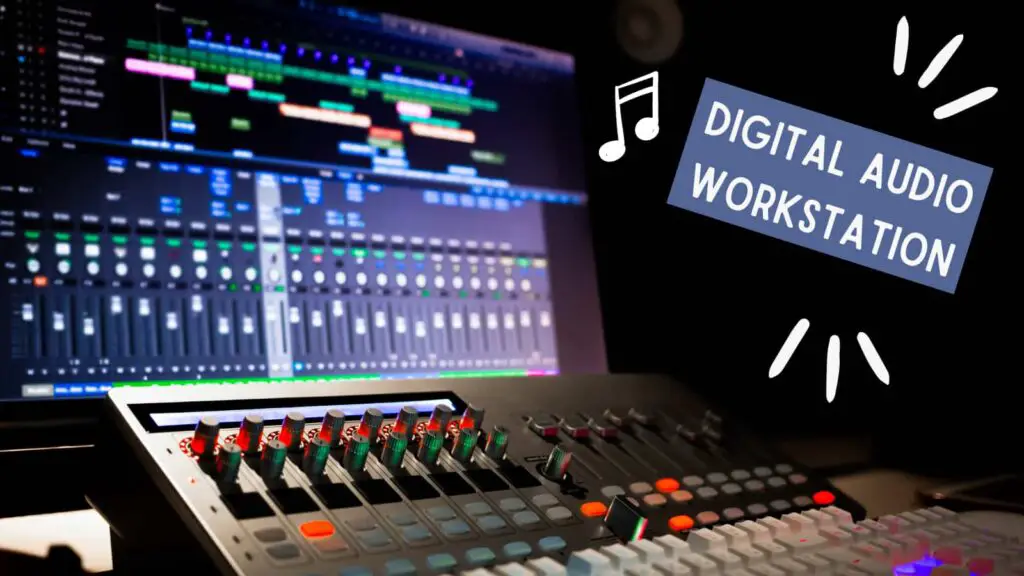
1. Drum Machine
One of the most important and therefore, most popular instruments in rap music production is the drum machine.
Note: A Drum machine is an electronic device that creates beats by simulating the sounds of traditional drum kits.
Drum machines allow producers to create various drum patterns, from simple 4/4 beats to more complex rhythms.

Some of rap music production’s most popular drum machines include the Akai MPC, Roland TR-808, and the Native Instruments Maschine.
Drum machines are intriguing electronic devices that empower rap music creators to produce elaborate and varied beats and rhythms.
By utilizing the drum machine, they can reproduce the sounds of a conventional drum set and create an assortment of designs and rhythms for their tracks.
In rap music production, the drum machine assumes a crucial role as it forms the bedrock of the beat.
That thump thump feeling you get when the beat is just right! It gives the right vibes for any great rap rhythm!
Start with the drum beat and layer other sounds and instruments on top!
The drum machine provides more flexibility to a rap or hip-hop musician, than using a traditional drum would, including the following:
- Ability to regulate the tempo of the song/beat
- Set the volume and sound of each drum noise
- Produce an array of patterns and rhythms for tracks
- program beats as if you were using a conventional drum kit or through a step sequencer
- Create drum fills, transitions, and other rhythmic components
- Apply various effects and processing tools to generate unique and dynamic beats
Note: The Akai MPC stands as one of the most popular drum machines in rap music production.
The MPC has established its reputation as a staple piece of equipment and a timeless machine in hip-hop culture, having been utilized in many rap and hip-hop hits. Its integrated pads allow producers to program beats as if they were employing a traditional drum kit or through a step sequencer.
The Roland TR-808 is another highly sought-after drum machine in rap music production. This machine, initially released in 1980, has transformed into an iconic emblem of the genre.
The thunderous bass drum and piercing snare that the 808 generates are hugely identifiable and have been used in numerous rap and hip-hop tracks.
Not only is it used to generate beats, but drum machines can also create drum fills, transitions, and other cool rhythmic elements in rap music.
2. Sampler
A sampler is just like it sounds! It can take small snippets or samples of different sounds or music from tracks and allows you to record it.
Samplers use in rap music goes way back and is still used as an essential piece of equipment in rap music today.

I think of samplers like the Frankenstein tool of music. It allows you to take different parts of already existing sounds or musical bars and smoosh them together creatively to make your own unique sounds.
Samplers can extract a specific part of a sound recording or piece of music, such as:
- Drum brake
- Melody
- Vocal sample
- Strings
- Bassline
- Drumloop
- Vocal Hooks
After you extract it the sample allows you to
- Chop and rearrange samples
- Change pitch
- Change the tempo
- Change the volume
- Add other effects to create all new sounds
By using a sampler, rap artists can create their own type of diverse sounds that can give them their own flavor, texture, and tone to a track.
Note: Are you wondering what the difference is between a sampler and a drum machine? Well…a drum machine is designed to create and program drum beats. It comes with a built-in library of drum sounds. While a sampler on the other hand records and plays back any sound, offering more versatility and sound manipulation options.
3. Synthesizer
A synthesizer is another staple to the popular rap and hip-hop genre! A keyboard like instrument, it produces sounds by generating electrical signals.
In rap music production, synthesizers are often used to create basslines, melodies, and other instrumental parts. They can also be used to simulate real-world instruments, such as strings, horns, and pianos.

Many different types of synthesizers are available, ranging from analog to digital.
One of the key advantages of using a synthesizer in rap music production is the ability to create unique and distinctive sounds that cannot be achieved with traditional instruments. This has made it easier for artists to create many new subgenres of rap music, each with its own distinct sound and style.
Some popular synthesizers used in rap music production include the Roland SH-101, the Moog Minimoog, and the Yamaha DX7.
4. Keyboard / Piano
Keyboards are used less commonly than the other instruments we listed above, but we still felt it was important to include them in our roundup.

While not as commonly used as drum machines, samplers, and synthesizers, keyboards are still important in rap music production. Keyboards are used to create melodies, and chord progressions often sampled or manipulated using other instruments and tools.
Many producers also use MIDI keyboards to control their digital audio workstations and other music software.
Another dope way that keyboards are used in hip-hop is to solo some really awesome riffs!
Note: Listen to this song from C.R.E.A.M (Cash Rules Everything Around Me) to see if you can pick out the piano riff!
5. Turntables
Turntables are a unique instrument in rap music production, as they are often used to create beats and manipulate samples from vinyl records.

DJs have been using turntables in this way since the early days of hip-hop and rap music, and the technique has since become an integral part of the genre.
Note: Turntablism a term that was coined in the 1990s, involves using the turntable as an instrument, scratching and manipulating the vinyl to create new sounds and beats.
Traditionally, the role of a DJ was to play records on the turntable and mix one track after another, but turntablists developed a new approach, manipulating sound and creating original compositions by moving records while playing on the turntable.
The forefathers of turntablism are DJs Kool Herc, Grandmaster Flash, and Afrika Bambaataa, who developed techniques such as the break-beat, scratching, and beat juggling. The art form continues to evolve with DJs innovating to be the fastest and most creative players of their instrument.
6. Digital Audio Workstation
Does this count as an instrument…………….?
Well not technically, but it is a pretty powerful tool when it comes to creating hip hop music, so to be responsible we couldn’t leave it off our list!

A digital audio workstation (DAW) is a versatile tool that offers many functions.
- With a DAW you can record and edit audio. Its audio sequencer can handle multiple tracks and editing options such as cutting, copying, and pasting. Users can mute and crossfade tracks and listen to their digital files as analog audio through speakers or headphones.
- Ever wish you could play the trumpet like Miles Davis? DAWs offer the option to play virtual instruments using MIDI commands that replicate sounds of instruments like the trumpet, piano, guitar, and drums.
- Being a creative songwriter and having the tools to put into sound what’s playing in your head is like heaven! With a DAW you can experiment with audio effects such as reverb, compression, and echo. These settings are all standard with the DAW.
- You can also use third-party plugins for particular effects and set up custom automation for volume fades and panning effects.
- DAWs allow hip-hop artists to mix and master audio tracks recorded by others and add final burnishing effects.
- Learning how to use a DAW for your rap music will give you a skill that can transfer to a myriad of other sound designers, ADR engineers, audio editors, and voiceover artists.
Some popular DAWs used in rap music production include Ableton Live, Logic Pro, and FL Studio.
7. Violin
Now we move on to some of the most unique instruments we’ve ever heard used in rap and hip-hop music. Pushing the boundaries of what is thought of as normal has always been a huge part of any great change and development.
Currently, when it comes to violin and hip-hop music the best mash-ups have included string solos and interludes mixed in with some amazing hip-hop beats.
8. Voice
There is one instrument that almost everyone on the planet already owns. One instrument that it would be near impossible to not use when composing an moving hip-hop beat! That is your own voice! Learning how to speak, leverage the words you say and build cadences with the way you say it is the ultimate form of hip hop expression!
Check out these talented new and up and coming artists as the work towards making a name for themselves in this space.
In conclusion, rap music production involves a wide range of instruments and tools. From drum machines and samplers to synthesizers and keyboards, each instrument plays a unique role in creating the beats and tracks that define the genre. Turntables and digital audio workstations are also essential tools for rap music producers. By understanding the instruments and tools used in rap music production, aspiring producers can begin to create their own unique sounds and contribute to the ongoing evolution of the genre.
We hope this article has been helpful and informative for you in your musical journey. Please let us know if there is anything that we could add or change to make this article a better resource for our readers.
Please e-mail us at: [email protected] to let us know how we are doing!
Disclaimer: This post may contain affiliate links. We only recommend high-quality products that are used and recommended by real musicians. If you use these links to buy something we earn a small commission.
